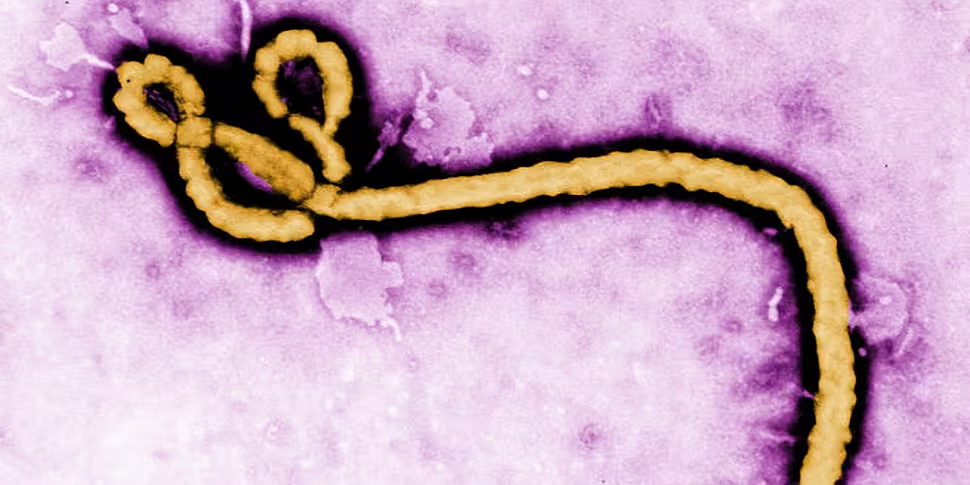Sierra Leone, caught in the grip of the Ebola crisis, is bracing itself for a sharp increase in cases of the killer disease over the Christmas period.
The government is so worried about the situation it has outlawed any seasonal public celebrations and soldiers are being put on the streets to make sure no one disobeys the directive.
The outbreak of the virus, which began a year ago in neighbouring Guinea and quickly spread to Liberia, is now dominating the lives of everyone in Sierra Leone.
The western part of the country, including the capital Freetown where around a third of the population of more than six million lives, is bearing the brunt of the current upturn in cases.
Authorities have instigated what they call the "Western Surge" to redouble efforts to try to keep the virus at bay.
Eunice Peacock, of the District Ebola Response Centre (DERC), admits they are "running to catch up" with the rate of the spread of the disease and would not be drawn on when it would be brought under control.
One of the biggest problems is a refusal by what some claim is up to 80% of the population, a figure disputed by the government, to even acknowledge Ebola is real.
One of the scores of operators at the UK-funded 117 Ebola telephone reporting line said many of the calls she takes are pranks or abusive.
"They will use abusive language on you, they'll say Ebola is lie, lie, you're just taking money, most of them that is what they say," she said.
"They don't believe. Most of the people they don't believe in the Ebola stuff."
The genuine calls get pushed on to the DERC where they are followed up either as live cases or burials.
One of the burial units is run by the Red Cross and again funded by the UK.
It aims to get everybody reported to it collected and buried in the central Ebola cemetery within 24 hours.
Even those who have not died from the virus are collected and treated as if they had the disease, which means getting accurate figures for the number of Ebola deaths in the country is difficult.
Latest official figures from WHO say the death toll from the Ebola outbreak - which has particularly affected Sierra Leone, Liberia and Guinea - stands at 6,915, with a total of 18,603 cases of the virus.









